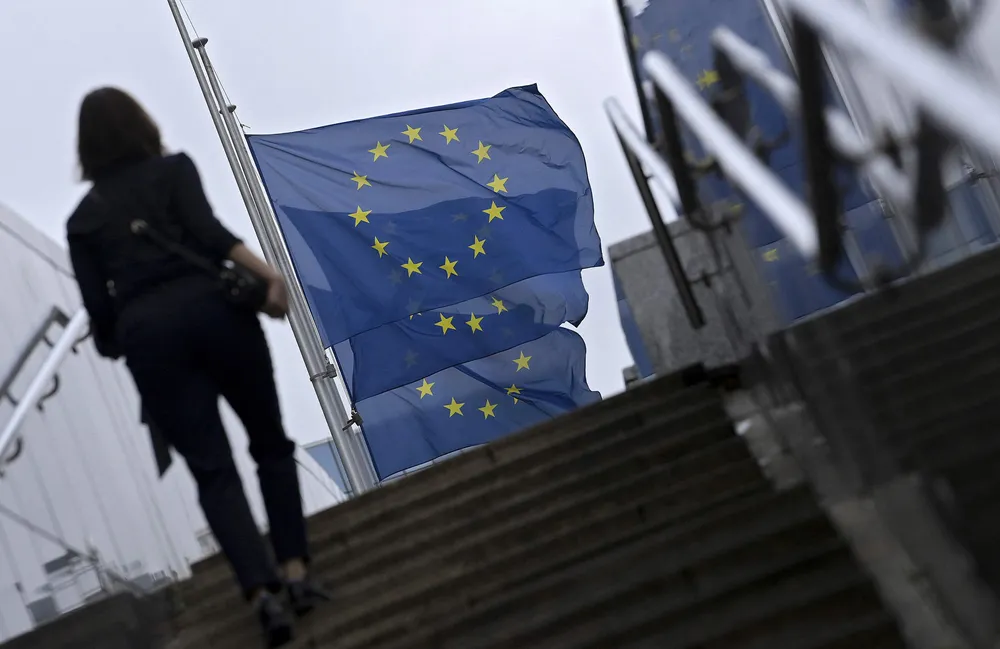European energy ministers hesitate over gas price capping proposals
Energy ministers disagree on how far to target Russian gas revenues after G7 countries pursue price caps on Russian oil exports

Energy ministers disagree on how far to target Russian gas revenues after G7 countries pursue price caps on Russian oil exports
